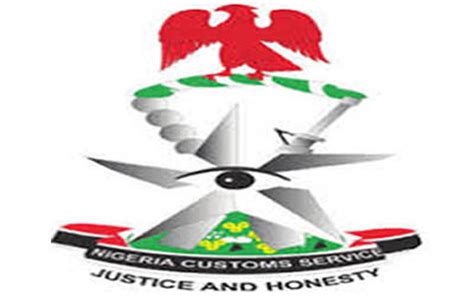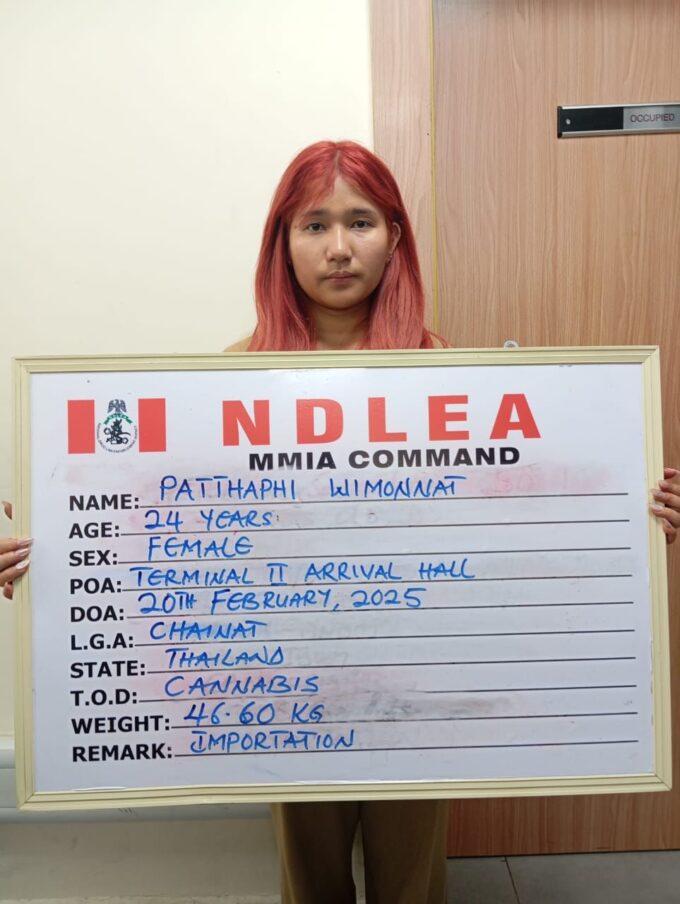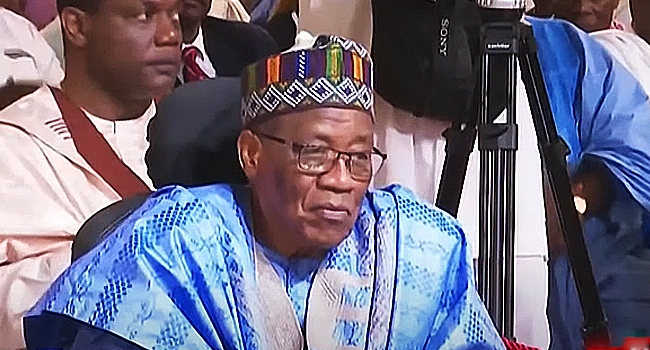BY NKECHI NAECHE-ESEZOBOR–Nigeria Customs Service (NCS) on Thursday denied report making the rounds that the service has agreed to embark on applying CBN’s benchmarking policy on e-valuator and e-invoicing.
This is contained in a statement released by the Public Relations Officer, DC, T Bomodi, stressed that the Service will rather aligns with the WTO Agreement on Customs Valuation (ACV) as it aims for a fair, uniform and neutral system for the valuation of goods for Customs purposes unlike the CBN’s benchmarking that negate the aim of the ACV and likely to result in disputes, delays and uncertainties.
The statement thus reads: “It has come to our attention that there are reports, suggesting the Nigeria Customs Service (NCS) has acquiesced to the introduction of the e-valuator and e-invoicing for import and export businesses in Nigeria by Central Bank of Nigeria (CBN). We wish to state that this is incorrect. The Service still stands by its earlier submissions on the matter, as was clearly communicated to the House of Representatives Joint Committee on Customs and Excise, Banking and Currencies on 03 March 2022.
“The practice world over is to domicile adjudication on Customs values for import and export within the Customs administration of every country. The NCS, undoubtedly, is alive to its statutory functions and has a vibrant Valuation Unit under the Tariff and Trade Department whose roles among others includes the proper interpretation of WCO/WTO rules and agreements concerning the valuation of goods.
“Nigeria being a member of the World Customs Organization (WCO), World Trade Organization (WTO) and also signatory to international trade treaties, including Article VII of the General Agreement on Tariffs and Trade is constrained to abide by the principles contained therein.
“The Article VII stipulates that the value for customs purposes of imported/exported goods should be based on the actual value paid or payable for them. This is commonly referred to as transaction value. This agreement also prescribes five other methods for arriving at Customs value where the transaction value is unacceptable. They are transaction value of identical goods, the transaction value of similar goods, Deductive value method, Computed value method, and Fallback method, applied sequentially.
“The NCS as a government agency aligns with the WTO Agreement on Customs Valuation (ACV) as it aims for a fair, uniform and neutral system for the valuation of goods for Customs purposes. This conforms to commercial realities, and outlaws the use of assumed values for customs purposes.
“Iis our view that the use of benchmarking in valuation as proposed by the CBN policy will negate the aim of the ACV and result in disputes, delays and uncertainties.
“The WTO Trade Facilitation Agreement (TFA) remains the Service’s principle guide for trade facilitation. Therefore, NCS is always seeking new approaches to enable the expedited clearance of goods from our ports by adopting new technologies, harmonizing and simplifying our procedures all of which is purposely designed to reduce cost.
“The House of Representatives Joint Committee on Customs and Excise, Banking and Currencies had directed that all agencies with defined roles in the supply chain meet to harmonize procedures with particular reference to resolving the issue of value for trade purposes. This meeting is yet to take place, therefore there could not have been any agreement supporting the CBN initiative as reported in the news.
“We look forward to the robust deliberation that is expected to occur from this meeting as directed. Until then we shall continue to abide by the principles as contained in the ACV for all import/export transaction.”
It will be recalled that the Central Bank of Nigeria (CBN) in a letter dated 8 July 2021 informed the Nigeria Customs Service (NCS) that they were deploying a mechanism for verification of prices of goods before allocation of forex at the point of e-form M registration. The policy in summary seeks to benchmark the price of imported and exported cargo.
The move has raised objections from critical stakeholders within and outside the industry who have expressed valid concerns that require critical considerations.














